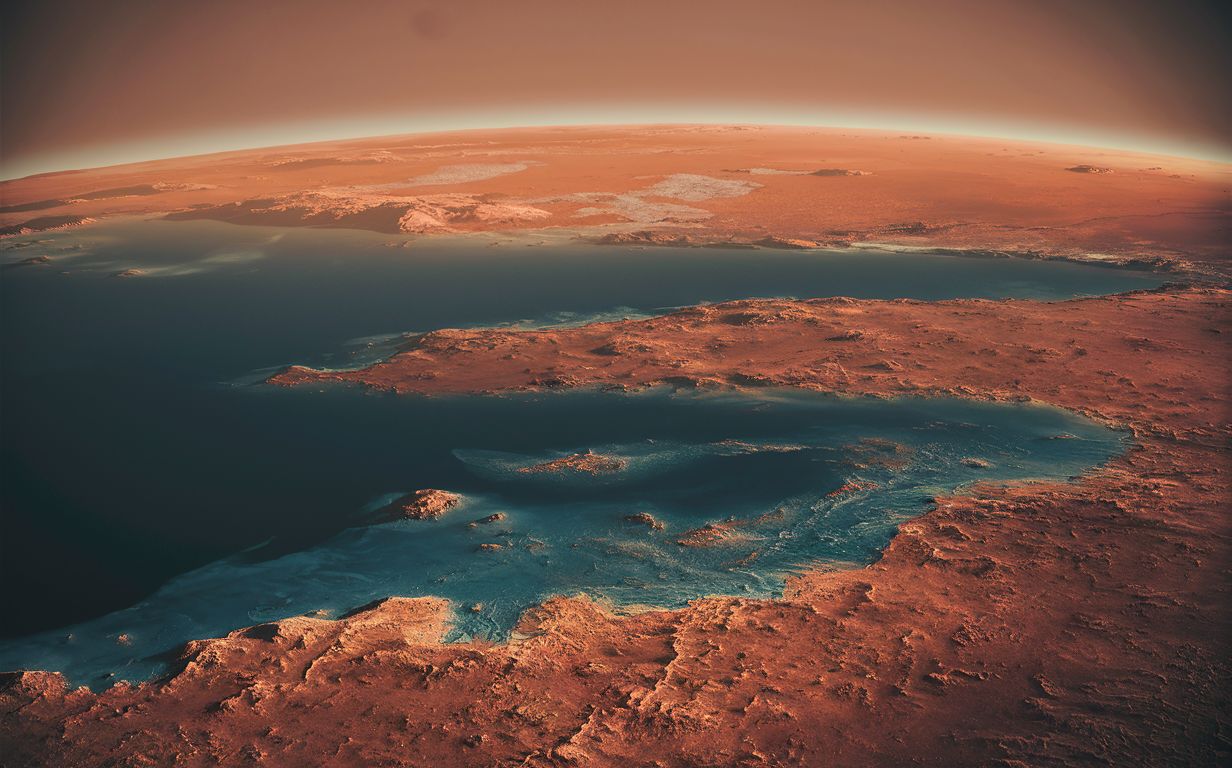The recently discovered planet Vulcan is not what it claims to be
Follow us on Google News (click on ☆)
According to a recent study, this iconic planet, whose name is linked to the "Star Trek" universe and the character Spock, is actually an illusion caused by the pulsations and oscillations of the star itself.

Led by astronomer Abigail Burrows from Dartmouth College, the research team used precision instruments to analyze the star's movements. Their study, titled "The death of Vulcan: NEID reveals the planet candidate orbiting HD 26965 is stellar activity," published in The Astronomical Journal, demonstrates that the signals previously interpreted as those of a planet are actually disturbances caused by stellar activity.
The initial discovery of this exoplanet in 2018 had generated great excitement among "Star Trek" fans. However, researchers had quickly expressed doubts about the actual presence of this planet. Thanks to precise measurements obtained with the NEID instrument, installed at the Kitt Peak National Observatory in Arizona, scientists were able to confirm that the observed signals do not come from a planet, but rather from the star itself.
The two main methods of exoplanet detection are transit and radial velocity. The transit method observes the decreases in a star's brightness when a planet passes in front of it, while the radial velocity method detects variations in the starlight caused by the gravitational pull of an orbiting planet. In this case, the radial velocity method identified the disturbances as caused by stellar activity rather than a planet.
Despite this disappointment for science fiction enthusiasts, the ability to accurately distinguish stellar signals from true planets represents a significant breakthrough. This paves the way for more refined and precise observations in the search for new exoplanets.
Interestingly, the destruction of Vulcan had already been anticipated in the "Star Trek" universe, where a movie plot involves the planet's destruction by an artificial black hole. This coincidence shows how the line between fiction and scientific reality can sometimes be blurred.